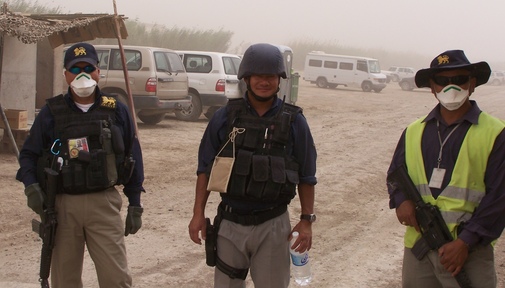On counting the wounded and the dead – Juan Cole:
‘1. Knickmayer estimates that 47,245 Afghan civilians were killed during the war. Many, of course, were killed by al-Qaeda or the Taliban. But in some periods of time, the United States and the Afghanistan National Army killed more civilians than did the then insurgents. Many of these were killed by high-altitude US bombing campaigns that struck civilians instead of military targets. Afghans engage in celebratory fire at weddings, shooting off guns in joy, and the US Air Force sometimes could not distinguish between such celebrations and insurgent firefights.
2. She reports that over 2500 US service personnel were killed, along with 3,846 U.S. civilian contractors and 1,144 NATO and other allied service personnel, and 66,000 Afghanistan troops and police.
3. The government watchdog agency SIGAR estimated that 20,666 US troops were wounded in Afghanistan among the over 800,000 American service personnel who served in Afghanistan since fall, 2001.
4. Linda Bilmes, the Daniel Patrick Moynihan Senior Lecturer in Public Policy at Harvard, writes of those 20,666 wounded warriors, that their care will add as much as $2.5 trillion to direct cost of the war.’
(…)
‘But Knickmeyer links to Heidi Peltier at the Brown Costs of War project, who points out that much of the money spent on the war was debt-financed, and by 2050 we the public will have spent up to $6.5 trillion in interest costs. I always thought it was the arms manufacturers driving these wars, but who knows, maybe it is the financial institutions.
6. In 2010, Da Kabul Bank, with $1.3 billion in assets, including the savings of one million Afghans, collapsed because of corruption. Its managers, cronies of President Hamid Karzai, embezzled its money to buy Dubai real estate and it all went to hell with the 2008 world economic crash. U.S. taxpayers bailed out the bank to prevent its collapse from tanking the economy. When I think of U.S. troops dying to shore up this edifice of world-beating corruption I want to throw up.’
(…)
‘In all the 20 years of the US war in Afghanistan, the Taliban never committed terrorism on U.S. soil, and I can only think of two Afghans who tried to, one being an al-Qaeda recruit and the other a lone wolf inspired by al-Qaeda and ISIL. We weren’t over there because of a terrorism threat to the US mainland. I study this sort of thing professionally, and honest to God, I couldn’t tell you why we were over there. Mostly mission creep and presidents’ and generals’ fear of egg on their faces if the house of cards collapsed on their watch. I admire Joe Biden for being willing to take the hit and finally end the charade.’
Read the article here.
Why were we there? Mission creep, yes.
But Juan Cole himself hinted earlier in August at another possibility:
‘The US in 2002-2003 had a good outcome in Afghanistan. We should just have left then. I can’t imagine why we didn’t. I think then Secretary of Defense Donald Rumsfeld wanted to surround Russia so it couldn’t reemerge as a peer power. It had nothing to do with Afghanistan.’
Read this article here.
We, the US and some NATO troops, stayed because of Russia and Iran, and at a certain moment we stayed because nobody wanted to be responsible for losing the war.
Compared to Vietnam, almost 50,000 US soldiers were killed, and probably more than a million people (mostly civilians) were killed.
The Taliban were never interested in committing terrorist attacks against the US and its allies.
By the way, interesting observation that US war effort was mainly debt-financed, I’m not sure that this means that the financial industry was driving this war effort, but many people and institutions profited of course. War is still an enterprise, whether the war is won or lost is for the enterprise itself something slightly more than a detail.
Think of soccer. A huge enterprise, with winners and losers who hope to become winners one day.
Cole defends Biden on this matter again and again, and he is right to do so.
